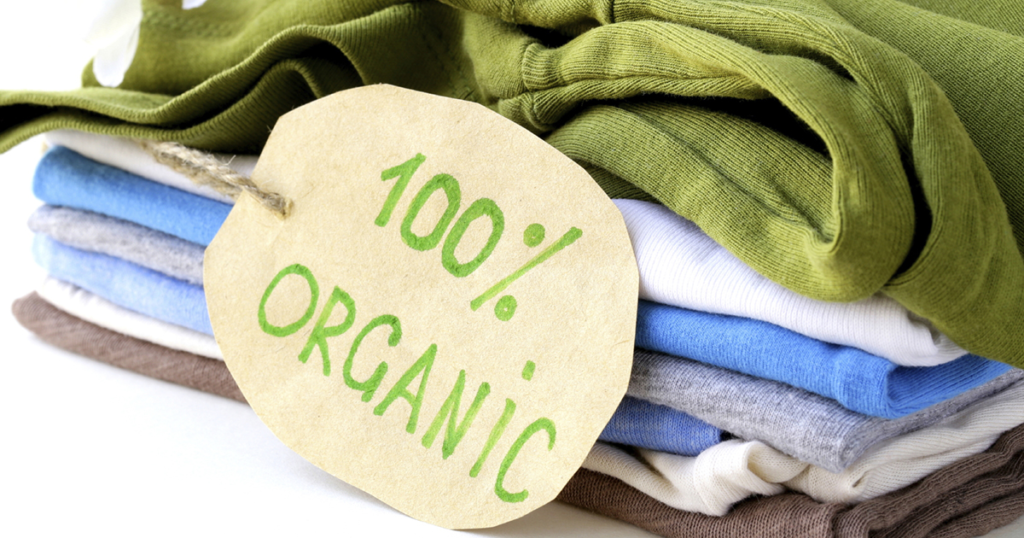
Food is the highlight of many of our holiday traditions and memories. We can all think of a holiday dish that makes us smile and our mouths water instantly. Yet, about 40 percent of all food produced in the U.S. never gets eaten. In fact, between Thanksgiving and New Year’s Day, Americans waste 25 percent more than during the rest of the year. During the holidays, millions of pounds of uneaten turkey, gravy, green beans, mashed potatoes and other seasonal trimmings unfortunately end up in landfills.
Food is the single largest material disposed of in U.S. landfills today, amounting to each person tossing an average of 20 pounds of food per month into the trash at a cost of approximately $1,500 per year, per family. This wasted food also wastes money, time, labor, transportation, water and land used in food production. Aside from this waste, food decomposes anaerobically (without oxygen) in landfills releasing methane gas, a driver of global climate change that is up to 86 times more potent in trapping heat than carbon dioxide.
Here is some great tips to reduce food waste :
For most holiday hosts, the fear there won’t be enough food is inevitable. But making too much — like cooking for an army in a mess hall instead of family and friends in your dining room — is a surefire way to end up with a food waste fiasco. An online party planning calculator, known as a the “Guest-imator,” can help.
Buy less food. It’s easy to get carried away buying all the yummy foods and treats grocery stores showcase during the holidays. But in reality, we often buy more food that we can cook and eat.
Here are the “10 Best Foods to Buy in Bulk & Reduce Waste.”
Before you even head to the store, shop in your own kitchen. Chances are you don’t need a new bottle of vanilla extract or Worcestershire sauce, or yet another head of garlic. They’re all likely hiding in the back of your fridge.
Try to use every part of the fruit or vegetable. Broccoli, kale and Swiss chard stems are more than just edible, they’re yummy. Don’t throw away lemons after squeezing out just a tablespoon. Slice and use them in water pitchers or zest their fragrant skins for sauces, pies and cocktails.
Healthy alternatives = less waste — Coincidentally healthier foods are the ones without as much packaging, for example homemade bread, fresh produce, meats from the deli rather than prepackaged on foam trays. Avoid processed foods in non-recyclable packaging.
Keep track of leftovers. Store leftovers in serving-size containers that you label with the contents and the date. It helps to put the most perishable foods in the front of the refrigerator so we can keep an eye on them. Plan to eat leftovers in the same week in which they were cooked. Otherwise, store them in the freezer. Keep a list on your freezer door to remind you what’s inside.
Donate unopened excess boxes or cans of food to a food pantry. Donating leftovers can be hard because many food pantries will not accept cooked items for food safety reasons.
You can help fight hunger by wasting less food and turning your savings from that positive practice into lifesaving food for those who need it.
Have a safe and Happy Holidays!
Learn more about EvCC Sustainability! www.everettcc.edu/green
Mariya Zelenskyy – Media and Outreach Coordinator sustainability@everettcc.edu








